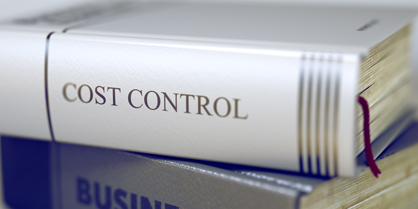On August 29, 2012, the advisers for Dewey & LeBoeuf filed an onslaught of motions to stay in control of the Dewey & LeBoeuf bankruptcy case, and to win court approval of a proposed settlement with former partners, The Am Law Daily reported.
The law firm filed for Chapter 11 protection on May 28, 2012. Chapter 11 of the Bankruptcy Code is usually referred to as “reorganization.” Bankruptcy does not guarantee a debtor gets to keep its assets, but it can buy time for the debtor to resolve its debts with creditors or save cash from discharged debts that can be reallocated to pay taxes or guaranteed debts.
Dewey is one of the largest law firms to fail. According to a Dewey bankruptcy counsel, a proposed partner contribution plan with partners involves $89 million from 670 former partners in exchange for a waiver of Dewey-related liability. The plan was difficult for partners to agree to. Many of them were attempting to revive their careers, and had loans from capital contributions to the firm. Ex-partners might suffer potentially negative tax consequences from the firm’s bankruptcy.
In bankruptcy proceedings, a creditor, whose claim the debtor does not list on the bankruptcy schedules, must file a proof of claim. A claim means a right to payment, or a right to an equitable remedy for a contract performance failure, if the breach raises a right to payment. Court filings indicate Dewey owed around $250 million in secured debt and at least $300 million more in unsecured claims.
Court filings showed commitments of more than $71 million from approximately 430 former Dewey partners were gathered for the proposed settlement. According The Am Law Daily on one of the motions, Dewey bankruptcy counsel argued: “It provides certainty. It allows partners to go on with their lives and for creditors to get a quick return on their claims. It avoids years of litigation that would clog the Bankruptcy Court’s already crowded calendar.”
In another set of motions filed August 29, 2012, the primary secured lender of the Dewey estate, JPMorgan Chase, opposed efforts by an ad hoc committee of 54 retired partners and some spouses from Dewey predecessor firm LeBoeuf, Lamb, Greene & MacRae, to have a trustee or neutral examiner in charge of the bankruptcy. A Brown Rudnick partner who is advising the official creditors committee, said to the media: “And I understand there are emotional issues here, but the fact of the matter is, this filing was motivated to prevent them from having to pony up a settlement amount. . . . There’s no way the appointment of a trustee or examiner benefits anybody in the estate at this stage.”
September 20, 2012 is probably the next moment in the law firm’s bankruptcy proceedings. A U.S. Bankruptcy Judge is scheduled to rule on requests to assign the case to a trustee and to approve the partner contribution plan.













